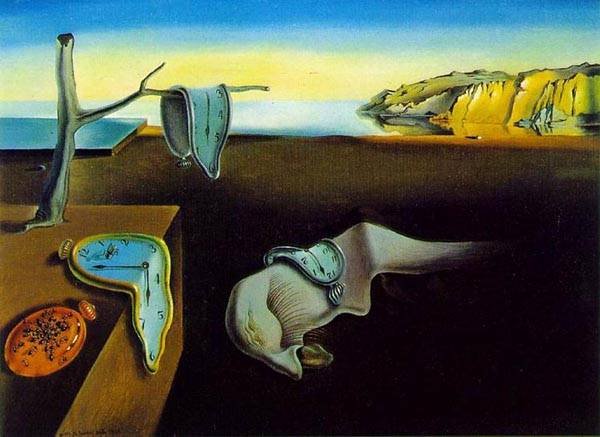Cats and dogs

Even though most people think that dogs are more masculine, cats are more feminine animals, and, clearly, more men are related to dogs as well as more women are found among cat owners, the truth is that cats are much more masculine than dogs, and dogs are considerably more effeminate creatures than cats. Men, due to clear evolutionary reasons, like to be providers. They like to feel that someone needs them and someone’s safety, well-being,…
Read more










